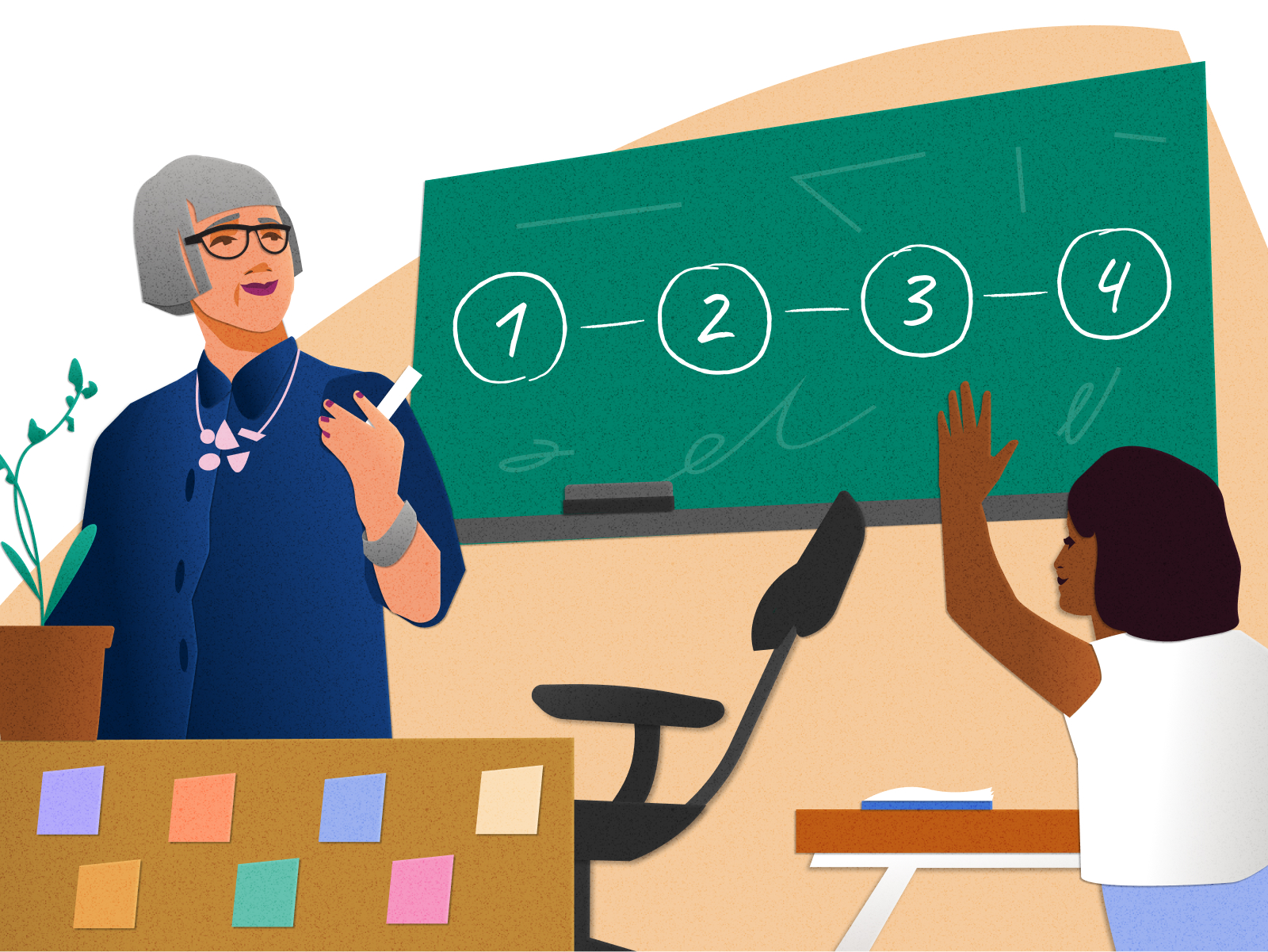
**Finding the Ideal Teacher: And How It Can Enhance Your Yoga or Meditation Experience**
Initially, when I began my yoga journey, it felt like just another task on my daily checklist. I hardly considered what my instructors had to share or which sessions struck a chord with me. It wasn’t until I devoted more time and focus to my yoga and meditation practices that I came to an important realization: the teacher is crucial. Indeed, discovering the right instructor — one whose aspirations, energy, and teaching approach align with your personal desires — can significantly influence your yoga or meditation path.
So, how can your selection of instructor affect your personal practice? Let’s delve deeper into how finding the ideal teacher can aid you in enhancing, refining, and transforming your mental and physical wellness.
### Each Teacher is Driven by Unique Motivations
Yoga and meditation instructors hail from a variety of backgrounds and philosophies, each contributing distinct ambitions to their teachings. Some may prioritize physical prowess, encouraging students to strive for advanced postures or difficult sequences. In contrast, others might center their efforts on mindfulness, meditation, or emotional healing.
While no ambition is inherently “superior” to another, it’s essential to look for instructors whose motivations resonate with your personal aspirations. For instance, if your goal in practicing yoga is to alleviate anxiety or address unresolved trauma, as I have experienced, you might find value in teachers who incorporate relaxation, breath techniques, or trauma-sensitive practices into their classes.
An instructor who concentrates only on intricate asanas (postures) might unintentionally leave you feeling detached if your primary aim is mental clarity or emotional healing.
### Valuing Your Learning Style
Just like in educational settings, everyone possesses a distinct learning style that extends into various facets of life — including yoga and meditation. Some of us are visual learners who grasp concepts best through observation and watching movements. Others are more attuned to auditory signals, like guided meditations or vocal instructions. Another group may thrive on hands-on adjustments or physical resources, such as prop positioning and posture cues.
Comprehending how you learn best can guide you toward the style of teaching or instructor you resonate with the most. If you recognize that certain aids like Tibetan singing bowls, gongs, or even the rhythm of someone’s voice help soothe your mind, selecting a teacher who includes these aspects will naturally enhance your practice. The crucial element is self-awareness — understanding what speaks to you and actively seeking it out.
### It’s Perfectly Normal to Have Preferences
In many aspects of our lives, we are trained to be tough, to keep our true desires or needs hidden. Consequently, we might feel guilty or “choosy” when expressing our preferences, even in seemingly minor areas like the yoga instructor we wish to follow. However, your practice environment — whether in a yoga studio or your personal meditation nook — is a sacred space. It should be an environment where you can prioritize yourself and your well-being.
Take your time to discover instructors whose methods, energy, and voice genuinely enhance your practice. Perhaps you prefer a more tranquil atmosphere with calm, gentle instructors. Alternatively, maybe you thrive in a vibrant, energetic setting. These nuances are far from trivial. Permit yourself to recognize these preferences and pursue them.
A yoga or meditation practice founded on genuine connection and enjoyment leads to significant transformation, both internally and externally. You’ll experience quicker growth when you form a personal connection with the practice.
### Affirmations: Discover What Resonates with You
While affirmations are often viewed as a vital component of many meditation practices, not everyone experiences the same advantages from them. Scientific research (such as the one published in *Psychological Science* titled “Positive Self-Statements: Power for Some, Peril for Others”) indicates that affirmations may not always be a cure-all. For those grappling with very low self-worth, conventional affirmations may feel ineffective or even harmful.
When engaging with affirmations or other self-care mantras, the most important factor is whether they genuinely align with your life experience. In the early stages of my practice, I found traditional affirmations like “I am enough” to feel disconnected from my reality. It wasn’t until a friend shared a more focused affirmation concerning essential needs such as safety and security that I felt a genuine connection. This straightforward affirmation became a significant aspect of my practice: *“I am safe. I have a home. I have financial stability. I am well.”*
The key lies in discovering tools that resonate with your current life situation, which may also involve finding instructors or mentors who comprehend and bolster you throughout that journey.
### This Journey Requires Patience
The quest to identify the right teachers — those who resonate deeply with you and align with your personal aspirations — is a gradual process. You might need to explore different studios, test out various meditation apps, or attend classes with assorted instructors. And that’s completely acceptable!
The path into yoga and